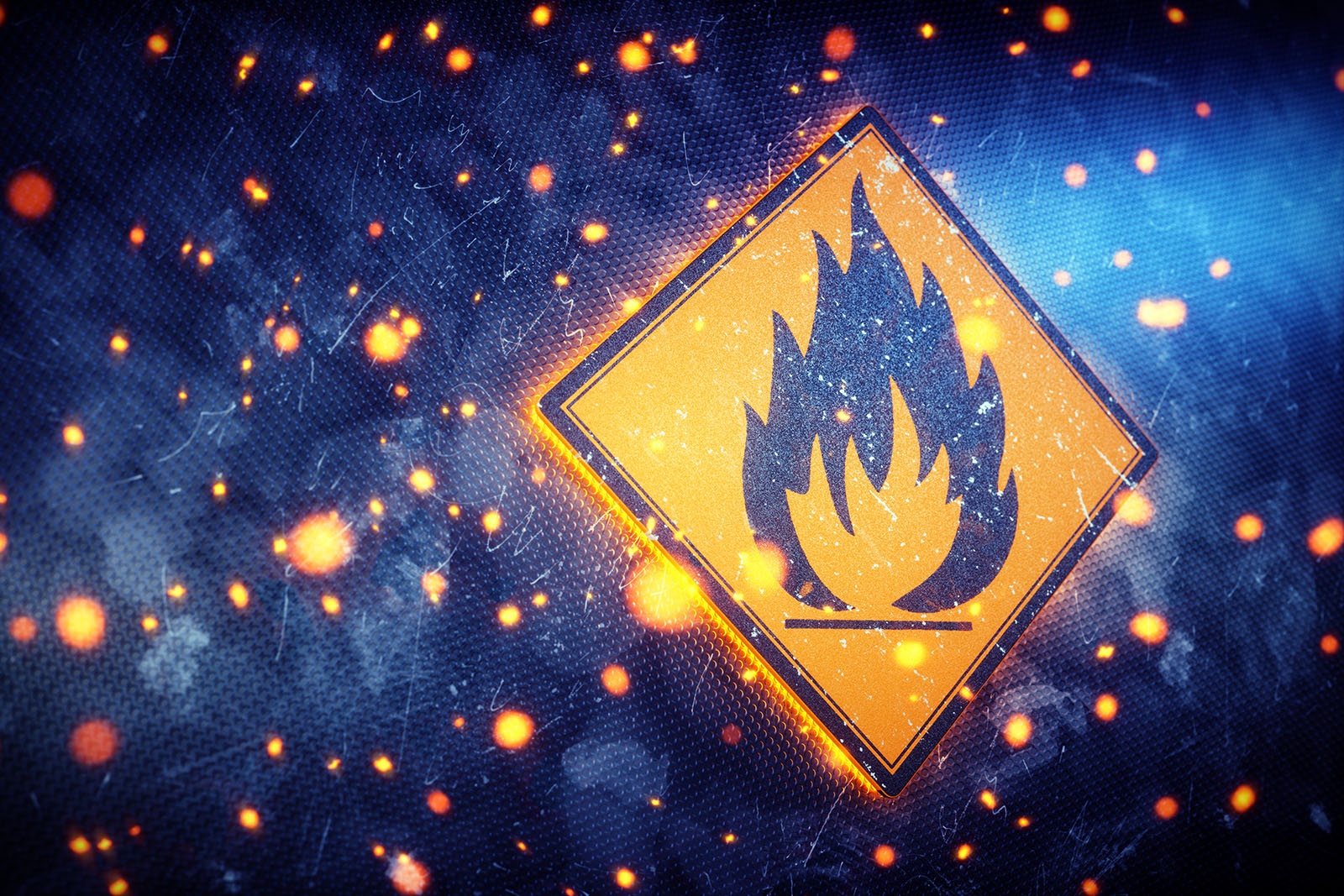NFPA Standards & Combustible Dust
Combustible dust present an explosion risk under the right conditions in many facilities. In workplaces that produce airborne combustible dust, without a proper dust collection system and good housekeeping processes, explosion and flash fire risk are increased. Hazards from industrial explosions can be quite serious, resulting in loss of life and damaged equipment. Fine dust in many industries must be collected continuously to avoid these explosive reactions. Facilities such as agriculture and grain, metalworking, chemical processing, certain food processing, and woodworking can pose risks, among several others.
NFPA 652, Standard on the Fundamentals of Combustible Dust
This standard serves the chemical, wood processing, metals, and agricultural industries.
Over 50 dust-related industrial accidents occurred in the United States between 2008 and 2012. The National Fire Protection Association (NFPA) sets standards and codes to protect workers and facilities from fire and explosion risks. The Occupational Safety & Health Administration (OSHA) also enforces these standards to keep workplaces safe.
Any facility that produces combustible dust must conduct a dust hazard analysis (DHA), and develop a plan for managing fire and explosion dangers, while providing training for workers who can potentially be affected by these dust hazards.
NFPA 664—2012, Standard for the Prevention of Fires and Explosions in Wood Processing and Woodworking Facilities
Explosion protection and isolation requirements do not apply to compliant Enclosureless Dust Collectors (EDCs), meaning compliant EDCs are permitted to exhaust into the buildings. NFPA 664 also addresses dust collector guidelines and restrictions, airflow guidelines, filter media guidelines, fan positions, and collector usage. Applies to wood processing plants, furniture manufacturing, plywood factories, lumber mills, industrial woodworking, among others.
NFPA 654—2013, Standard for the Prevention of Fire and Dust Explosions from the Manufacturing, Processing, and Handling of Combustible Particulate Solids
This is an universal standard for designing a safe and efficient dust collection system. NFPA 654 also deals with different types of dust and explosion protection equipment, such as explosion venting and deflagration protection. Spark prevention, airflow standards, and design of system to prevent ignition of filter media is covered in NFPA 654.

